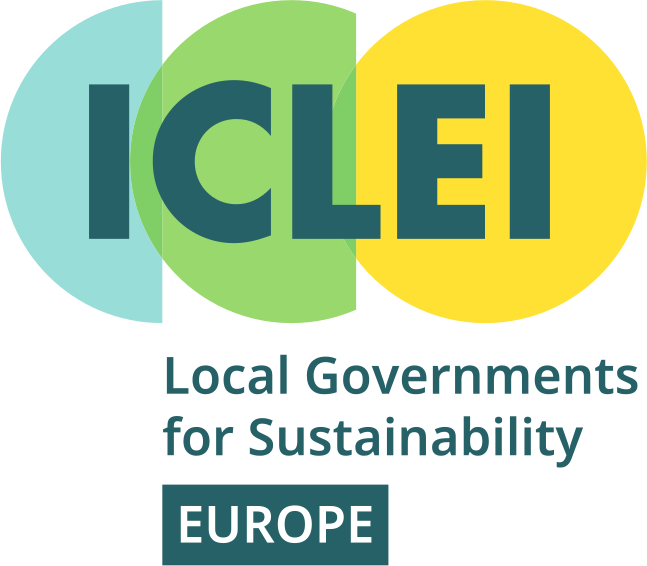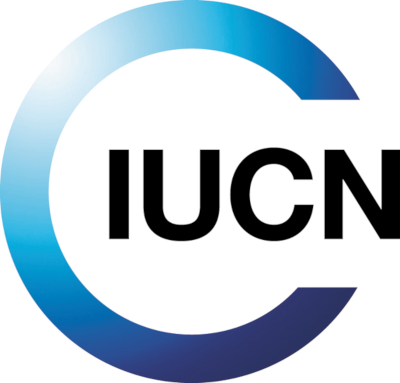This city scale project aims to increase the water holding capacity of farmers living in the Çankaya countryside. This goal is acheived by the developement of urban renewal and refurbishment projects into Çankaya district that will include rain harvesting methods and so water storage solutions for futur applications of agricultural irrigation.
The overall approach is to join forces of public institution and local organization through this project study in order to support urban eco-management studies and to create a sustainable future "friendly-city", to prepare guidelines focus on adaptation to climate change and to developpe activities for knowledge dissemination.
(TR_3) Nature4Cities Sub-Urban Challenges classification:
(1) Climate adaptation, (2) Urban water management and quality, (3) Air quality at district/city scale, (6) Food, energy and water, (7) Other, (8) Envir. justice and responsability, (9) Governance in planning, (11) Direct economic value of NBS.
The owner of the project is Cankaya Municipality. The Association of Landscape Researches is the Project Manager.
The primary beneficiaries of the project are the farmers and village headmen living in the countryside around Çankaya.
There is also a partner from Portugal involving in the project.
Financing process: cluster1publicfinancing (provide by the EU).
Further information
Nature4Cities (https://www.nature4cities.eu/) aims to develop a knowledge diffusion around Nature-Based Solution (NBS) and a decision support platform through new collaborative models.
LCD is part of the Nature4Cities's pioneer case studies database, it will feed the observatory, NBS pre-selection and replication tools, gathered into the Geocluster4NBS.
LCD was chosen as a pioneer case study for the following reasons: the innovation of agricultural practices, information campaigns and involvement of citizens and marginalized social classes.
Nature4Cities project has received funding from the European Union’s Horizon 2020 research and innovation program under grant agreement No 730468.




